广州双语阅读:如何提高英语阅读成效?
时间:2019-10-06 10:01:10 来源:平和英语村 作者:Myron

I know you can read, but are you productively literate? That is, when you read, do you learn anything that you can applyimmediately to your life, or do the words and ideas just bounce around your brain’s pleasure areas for a while before disappearing like so many wisps of morning fog?
我知道,你会阅读,但是你的阅读富有成效吗?你读书中学到的东西,是不是可以马上在生活中运用?还是那些词语、点子让你的大脑兴奋一阵子,然后就像早晨的雾气一样过一会儿就消散无踪?
Not that there’s anything wrong with reading just for pleasure now and again — by all means, grab a novel and hit the beach. But too often we read important stuff — how-to manuals, business and personal development guides, science and current affairs treatises, and yes, even personal productivityblogs with the same mindset. We read to make us feel good, about what we’ve done or what we could do or what others have done — even about what a smart person we look like reading such a smart book on the subway — and not as an exercise in personal growth.
不是说我们不该在阅读中寻找乐子。找一本小说,怎么高兴怎么读。但是有很多时候我们要读的是非常重要的东西,比如操作手册、商业发展、个人规划、科学时事论著等等。读那些关于产出率的个人博客也是一样。我们已完成的事情、我们可以做的事情、别人完成了的事情……阅读中我们感到愉悦,有时候只是因为拿着本书坐在地铁里看起来像个聪明人。我们却忽略了重要的一点,读书,是个人成长中的一种训练。
This post is inspired by Seth Godin’s post, How to read a business book, which I linked to earlier this week in our link round-up. Godin — the author of quite a few business books — offers these three tips for reading productively:
我之前在一次链接汇总的时候提到过Seth Godin的《怎样阅读商业书籍》,我这篇文章也是受到了它的启发。Seth Godin本人也写过一些商业书籍,他在提高阅读成效方面提出了三点建议:
Commit to making at least three changes in your life as a result of your reading.
让阅读至少改变你生活的三个方面
Create todo lists as you read, instead of notes.
阅读中,不做注解,列出你要做的事情。
When you’re done, give the book away, so someone else can learn from it.
读完一本书,把它送给别人,让别人也从阅读中受益。
Here are a few more tips about reading productively:
关于阅读成效,这里我再提一些建议:
Use an index card as your bookmark.That way you always have something to write on while you’re reading. Go ahead and stick a few post-its to the back for marking significant passages, too.
用一张索引卡做书签。这样阅读中你总能记下些东西。在卡片的背面贴上一些便签纸,用来标注重要的段落。
Have expectations. Not about quality, but about content. Before you start, ask yourself, “What do I expect to gain from reading this?”
对阅读内容(而非阅读质量)有所预期。读书前问自己,我在书中能获得些什么?
Keep a reading journal. When you finish a book, write down a quick summary of the book, any quotes you highlighted or flagged, and what you learned from it. Or keep a collection of chapter-by-chapter notes — maybe on a blog or wiki. Thursday Bram has some tips on journaling in one of her Lifehack posts.
做读书记录。读完一本书,简要总结书中标出的段落,以及你的一些收获。也可以在读书过程中每一章节都做好笔记,写在博客或者维基上都可以。Thursday Bram曾在她的博客中列出过一些记笔记的方法。
Talk about it. Tell you boss about the new working strategy you just read about. Tell your friends about the interesting history you’re reading. We labor under the misconception that we learn by reading; we don’t. We learn by using what we’ve read.
谈论你读到的内容。跟你的老板谈谈你刚读到的工作策略,向你的朋友复述你读过的有趣的历史故事。我们因为阅读误解而吃尽苦头,我们也在阅读中总结经验教训。我阅读,所以我收获。
Teach it. You don’t have to be a formal teacher to share your knowledge with those around you who might need it. When you can, take the opportunity to present the information you’ve gleaned: set up a seminar at work, organize a workshop at the local library, etc. This may not be for everyone, but let me tell you: nothing will help you make better sense of a topic than teaching it to others.
教给别人。不是说,你要像位老师那样去教会你周围的人他们需要的知识。你需要做的只是有机会的话把你收集到的信息传达给别人。你可以在办公室或者图书馆开个小会讨论一下。也许并非每个人都能做到这点,不过通过教来学确实是个非常有效的方法。
Take a moment. People want to read fast, to get it done. That’s why speedreading courses are so popular, despite the fact that you almost never come across anyone who can successfully speedread. The reality is, reading takes time, and learning takes even more. If you only have 20 minutes to read, read for 15 and spend 5 minutes thinking on what you’ve read. If you’re not pressed for time, take long breaks between chapters, even between sections, to reflect.
别着急。人们总想提高阅读速度,赶紧把书读完。这也使得快速阅读的课程特别受欢迎,虽然其实真的会速读的人没几个。事实上,阅读很费时间,学习就更费时间了。如果你只有20分钟时间读书,花15分阅读,剩下的五分钟思考一下你之前都读到些什么。要是没有时间限制,在各个章节间停顿一段时间,反刍一会儿。
Interrogate. It’s a cliche, but not everything is true just because it was in a book. While developing a Stephen Colbert-like distrust of books is probably overkill, it’s a rather good idea to ask from time to time, “How does the author know this?” and even “Does what s/he’s saying really mean this?”
学会质疑。这是老调重弹了,不过切记书中并非全是真理。也许把自己搞得像Stephen Colbert那样怀疑一切有点太偏激,不过最好是不是地问问自己,作者怎么知道会是这样?他真的是这么想的吗?
Switch it up. Every now and again, read something you wouldn’t normally read. Check out an aisle of the bookstore or library you’ve never been down. Take a friend’s recommendation even if it doesn’t sound very interesting. You might be pleasantly surprised — or you might be challenged to your very core. Either way’s a net gain.
换个口味。时不时读读你不怎么读的书。逛逛书店和图书馆你没去过的书架。试试朋友推荐的听起来你不怎么感兴趣的书。也许你会感到惊喜,或者觉得充满挑战。不论怎样,都只赚不赔。
Accept defeat.On the other hand, if a book isn’t doing it for you, drop it. Some books are over-hyped pabulum, and there’s no need to feel guilty if you got caught up in the hype. Other books, you just aren’t ready to read yet. Whatever the case, if you’re forcing yourself to get through a book page by page, drop it and move on — you’re not being productive reading like that (Of course, if you’re a student and it’s a required text, you’ll need to read it somehow — make sure you talk to your professor or teacher about the trouble you’re having.)
接受失败。如果觉得那本书确实不合胃口,尽管放弃。有的书平淡无奇,只是宣传夸大罢了,没必要因为上当觉得不好意思。有的书呢,你只是还没有做好准备去读。不管是什么原因,不要强迫自己逐字逐行读完一本你不想读的书,你不需要用这样的方式来提高阅读成效。(当然,如果你是学生,必读的课程内容还是要读完的。如果读不下去,和你的老师沟通一下你的难处。)
Any other advice for more productive reading? Please share with us !
你还有什么办法来提高阅读成效吗?说来听听吧!
本文链接:https://www.pinghe.com/regional/gz/7696.html
更多内容
- 十个吐槽广州“天气好热”的英语句子2019-10-04
- 广州的英语学习者要小心这5个语法误区2019-09-20
- 送给广州创业者的10句英语金玉良言2019-09-18
- 职场英语:广州白领必须掌握的办公室口语2019-09-17
- 广州英语双语阅读:你会阅读吗?2019-09-10
马上评估您的学习费用


离开课仅剩天


 全部课程
全部课程



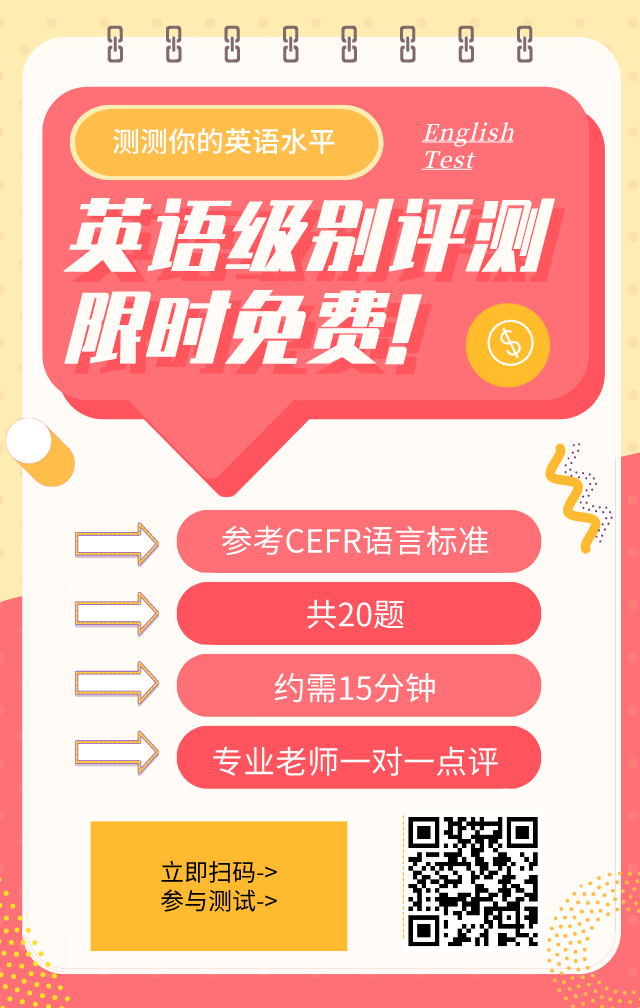

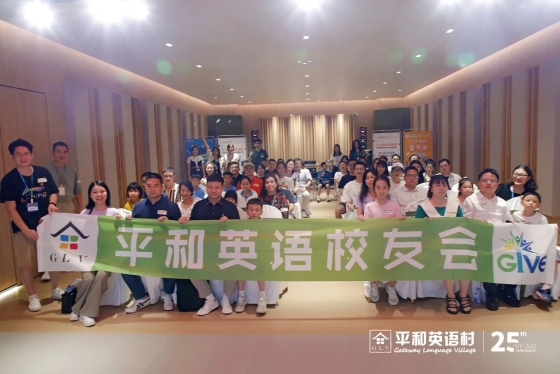






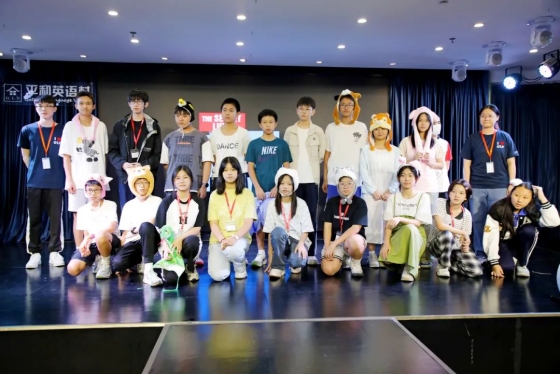

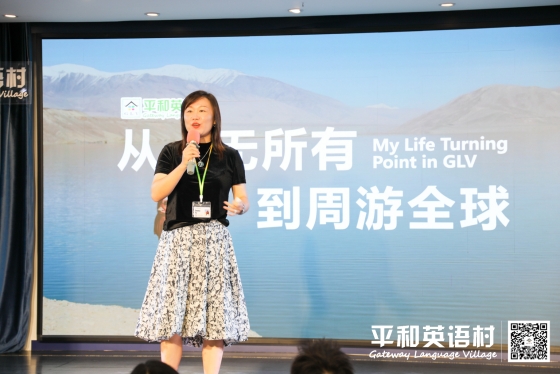
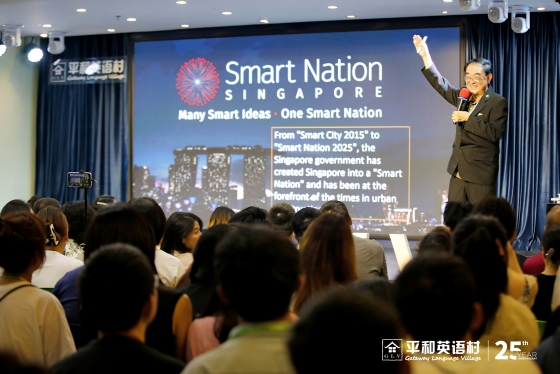

 粤ICP备11066329号-2
粤ICP备11066329号-2
 粤公网安备 44040202000471号
粤公网安备 44040202000471号
